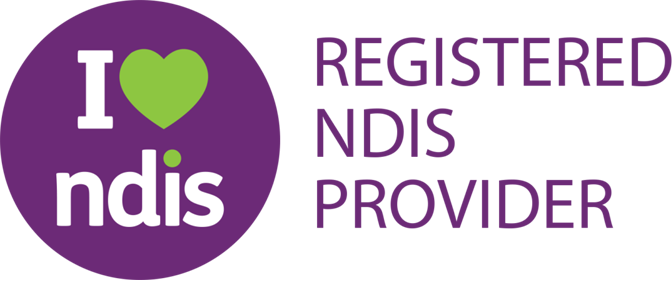What are Restrictive Practices?
When it comes to supporting individuals with disabilities, including those under the National Disability Insurance Scheme (NDIS), ensuring their safety, dignity, and rights is of utmost importance. In some cases, certain interventions—known as restrictive practices—may be used to manage challenging behaviors. However, these practices are heavily regulated and must be used only as a last resort. As a registered NDIS service provider, it’s crucial to understand what restrictive practices are, when they might be used, and the ethical considerations involved.
What Are Restrictive Practices?
Restrictive practices refer to interventions or actions that limit the rights or freedom of movement of an individual with a disability. These practices are typically employed to prevent harm to the individual or others, but they are subject to strict regulations under the NDIS framework.
Restrictive practices can take various forms, including:
- Physical Restraint: Using physical force to restrict a person’s movement, such as holding them down or using devices like belts or straps.
- Chemical Restraint: Administering medication to manage behavior, which is not prescribed for the treatment of a medical condition.
- Mechanical Restraint: Using devices to restrict movement, such as a harness or handcuffs.
- Seclusion: Isolating a person in a room or area from which they cannot leave.
- Environmental Restraint: Modifying a person’s environment to limit their freedom of movement, such as locking doors or restricting access to certain areas.
The Legal and Ethical Framework
Under the NDIS, restrictive practices are only permitted in very specific circumstances and must adhere to strict guidelines. The use of these practices is governed by the NDIS Quality and Safeguards Commission, which ensures that the rights of individuals are protected and that restrictive practices are only used when absolutely necessary.
Key principles include:
- Last Resort: Restrictive practices should only be used after all other less restrictive alternatives have been tried and exhausted.
- Proportionality: The level of restriction must be appropriate to the level of risk posed by the behavior.
- Time-Limited: Restrictive practices should only be used for the shortest possible time.
- Consent and Oversight: The use of restrictive practices must be consented to by the participant or their guardian, and be part of a behavior support plan developed by a qualified professional. Additionally, these practices must be regularly reviewed and monitored.
When it comes to where and how you live with the support of the NDIS, you might hear about two.
The National Disability Insurance Agency (NDIA) has revealed significant adjustments to the NDIS pricing structure, set to take effect on.
The National Disability Insurance Scheme (NDIS) in Australia strongly focuses on “choice and control” as a fundamental policy principle. Choice.
Early intervention in the National Disability Insurance Scheme (NDIS), is a cornerstone for empowering individuals with disabilities. Today, we shall.
The importance of understanding the reality of the National Disability Insurance Scheme (NDIS) is for both, the participants, and the.
This topic explores how the NDIS helps people with disabilities access and use digital tools like smartphones, apps, communication devices.
Our team can come to you to discuss face to face your needs and discuss how we can best support you to achieve your goals. Contact us today to arrange an appointment.








